In a collection of personal items we found a letter sent to one of our grandfathers by a bank in the middle of wartime Britain. It’s an extraordinary good bunch of nudges – amazingly over 75 years ago, in 1943.
We can be sure that The Surety Trust weren’t *explicitly* trying to use nudge techniques as described in the psychological literature (because the psychological literature had not been written).
Part of what we as behavioural scientists do from day to day is rewriting pieces of communication to make them more effective in whatever they’re trying to do (e.g. informing people via email, getting people involved, promoting a certain response). We base our decision – what and how to rewrite things – on psychological research and evidence about behavioural processes.
In practice, we take the original piece, an email for example, identify the purpose of certain phrases and paragraphs and rewrite them guided by particular psychological mechanisms ( read a quick blog on our learnings from a 400,000+ person study on cold call emails ). The final version is marked with colours and boxes to illustrate for our clients why each sentence is there and what it does.
When we found this bank letter, we were stunned. Reading through it felt like looking at one of our finished pieces. So much good stuff in there.
We’ve added the colours and boxes for you. You can find details about each effect below.
Before:

After:

| Effect | Details |
|---|---|
| Cognitive load | People are more likely to perform required actions if the process is fluent, simple, fast, easily accessible, and effortless. Use few and easy words and a clear structure. Be direct. |
| Loss aversion | People prefer avoiding losses to acquiring equivalent gains: it is better to not lose $5 than to find $5. See our post on ‘The dinner party kit: a bluffer’s guide to behavioural economics’. |
| Consistency | People have a strong urge to be consistent with prior acts and statements and will change their attitudes, beliefs, perceptions and actions to achieve it. We like to live up to what we have publicly said we will do, what we have written down, or what we know others think we usually do. |
| Reciprocity | We respond to positive actions with similarly positive actions. Mentioning something the bank has done for the customer implicitly evokes the wish in the customer to give something back. |
| Reputation | Reputation is part of people’s identity and presents an efficient mechanism of social control in societies. As individuals, we often make an intuitive, rapid, and associative effort to satisfy the self-interested motive of reputation maintenance. With a bad reputation, a few thousand years ago, we would have died. |
| Request for help | For most of us, saying no doesn’t come naturally. We don’t like disappointing a colleague, turning down friends or denying a client’s request. What if they deny our own request next time we ask for help? It used to be crucial for survival and is still in our heads – the urge to be a yes person, a team player. |
| Social validation heuristic | People are more willing to comply with a request when there is evidence that others have complied with it. |
| Social identity theory | People build their self-image and self-esteem based on the groups they belong to. In order to increase self-esteem, we move to groups that we can identify with. Make people perceive being a member of your group is valuable, where they belong and easy to get to. (The group: other customers who do good by saving envelopes.) |
| Descriptive social norms | What we observe or imagine most other people of our social group or society in general usually do will make us publicly comply to behave the same, because we need to be liked. |
| Proximity | Bringing the consequences of desirable/undesirable behaviour close in time and space increases likelihood of decision making and commitment. |
| Prompted choice | Taking guidance and doing what someone knowledgeable from our group suggests is a human instinct as a social being. We know we can only learn, grow and survive with the help of others and if a person is trustworthy and gives us good reason, we follow. |
In many ways behavioural science is not actually creating new ways of communicating, but rather codifying and explaining how we’ve interacted with each other. Well done The Surety Trust, and whoever wrote that letter 75 years ago.
For more on this speak with us, or have a look at our capabilities
Also, as co-founders and supporters of the London Behavioural Economics Network, join the Meetup group and Facebook group for more details and events
Related Posts
August 13, 2023
Money (but not called that, and how it changes behaviour).
Advertising agencies make a lot of…
August 1, 2023
Reading ease is not as easy as all that – comprehension shows the way
It's easy to make text readable, right?…
July 20, 2023
The ‘Hollywood hello’ – and the importance of context when communicating
When communicating we all like to be as…




